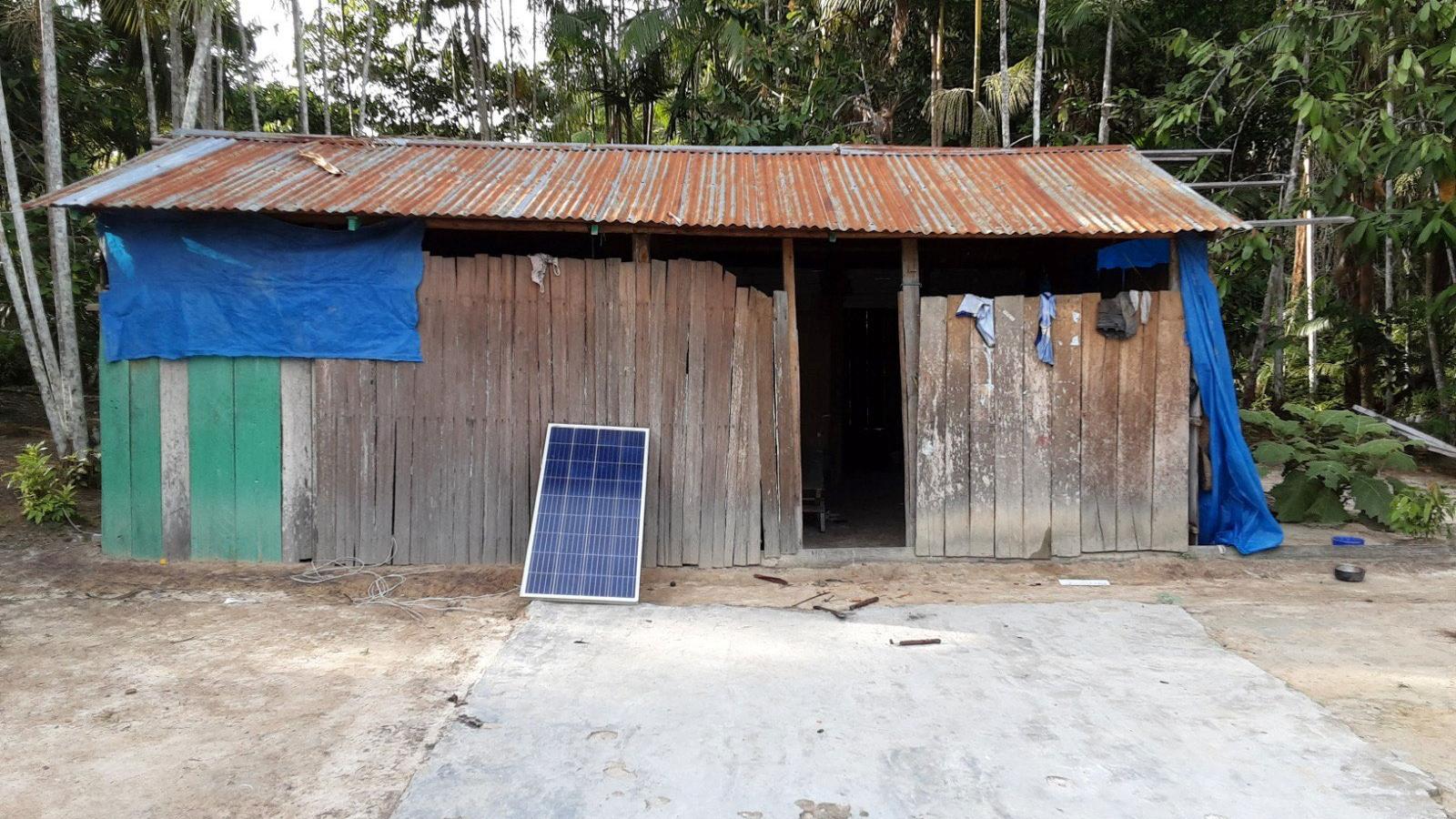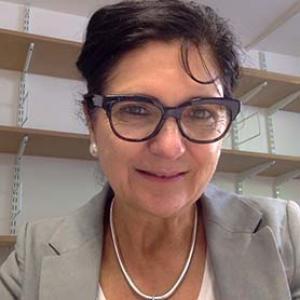Cutting-edge steps towards a fair energy transition in Amazonia
With many countries’ ability to develop tied to the global climate agenda, ODID co-hosted a webinar with the University of Campinas in Brazil profiling its pioneering work in developing sustainable energy solutions for a just energy transition on campus, in urban areas and for people currently living in energy poverty.

The ability of a nation such as Brazil to develop today is undeniably tied to the global climate agenda. As my colleague Amir Labdioui argues in his new book, Survival of the Greenest, nations adapt by adjusting their economies to new dynamics of structural transformation and industrial policy, a process in which universities have a key role to play. This was vividly illustrated in a webinar organised by Danúsia Arantes Ferreira from the University of Campinas (UNICAMP) in Brazil, in collaboration with her doctoral student Pablo de Freitas Hernandez and me. In the webinar, we learned about the activities carried out by the Paulista Centre for Studies on Energy Transition (CPTEn). An integral part of UNICAMP’s Sustainable Campus, this Living Lab actively contributes to advancing the energy transition in the state of São Paulo, as well as in the Brazilian Amazon.
Over the years, UNICAMP has built a well-earned reputation as a university that encourages the development of cutting-edge interdisciplinary centres. CPTEn clearly fits the bill. UNICAMP’s Sustainable Campus Office was created in 2017 in partnership with CPFL Energia, thanks to a grant of 10 million Brazilian reals (around US$1.8 million) received from the Brazilian Electricity Regulatory Agency. The goal is to develop energy sustainability on the university’s campus, as well as throughout the neighbouring city, Campinas, in the state of São Paulo, with a view to making UNICAMP a model for the energy transition not only in Brazil, but also in the rest of Latin America.
Developing microgrids to deliver sustainable energy
To open the webinar, Luiz Carlos Pereira da Silva, the professor of electrical engineering who coordinates UNICAMP’s Living Lab gave an overview of Brazil’s energy supply and demand. Part of the country’s pledge to the Paris Agreement is to reduce carbon emissions by 43% by 2035 (from a baseline in 2005). Most of Brazil’s emissions are linked to land use, excessive deforestation, agriculture, buildings and transport. However, it has also developed a large renewable energy sector (especially hydropower), which it now seeks to upscale and diversify.
Although renewable energy represents about 70% of Brazil’s energy mix, the country still needs to focus on accelerating a just energy transition, especially in the north, where socio-economic needs are yet to be met, and where deforestation must be curtailed. Scientists and engineers at UNICAMP’s Intelligent Electricity Network Lab (LabREI) are developing a range of micro-grids adapted to various conditions. The Microgrids for Efficient, Reliable and Greener Energy (MERGE) programme aims to develop, test and implement flexible autonomous grids for different applications, such as campuses, industrial complexes, residential neighbourhoods, and rural communities. Through LabREI, two microgrids are being implemented simultaneously, both on and off campus. These are still in their implementation phase. On campus, CampusGRID connects the various faculties, the library and all the common spaces. Off campus, the external microgrid ConGRID is being deployed throughout a residential condominium in Campinas.
Educating future leaders of a just transition
Danúsia Arantes Ferreira, a leader in sustainable education and inter-disciplinary methodologies, showed some of the ways in which MERGE is being integrated within research and teaching beyond the Faculty of Electrical and Computer Engineering. In addition to supporting the campus-wide Energy Efficiency Project, the Living Lab offers numerous ways of studying the development of new technologies in alignment with Brazil’s inclusive approach to the UN’s 2030 Sustainable Development Goals. Danusia talked more specifically about the interdisciplinary programme “Eyes on the Future”, which seeks to educate young leaders for a just energy transition. The goal is to empower young people to become conscious consumers and energy users, while promoting decent working conditions in the energy sector.
Renewable options to combat energy poverty
Various researchers from or working in the Amazon region talked about the specific energy challenges faced by Amazonian urban and rural dwellers. For Helder Cruz from the Federal University of the State of Amazonas, effective public policies are needed to combat energy poverty. Replacing diesel generators with clean, sustainable renewable alternatives is a priority. In addition to the development and implementation of innovative technological devices such as the microgrid by electrical engineers, the specific needs and aspirations of off-grid communities need to be properly assessed by social scientists.
Combining indigenous and academic knowledge
Artionka Capiberibe, an anthropologist who has worked with the Indigenous Palikur people since 1996, showed how microgrids may secure an efficient and sustainable energy supply in native Amazonian communities. Arlindo Alemão Gregório, a Baré leader currently studying at Campinas, is coordinating the participation of other Indigenous students in the development of a new interdisciplinary research proposal, “Indigenous Science and Climate Justice: the Rio Negro Solar case”. Arlindo is also President of Brazil’s Plurinational Union of Indigenous Students. The project intends to combine Indigenous knowledge, electrical engineering and other academic disciplines with a view to informing public policy for a just energy transition in the northern states of Brazil.
Watch a recording of the event in English and Portuguese.

